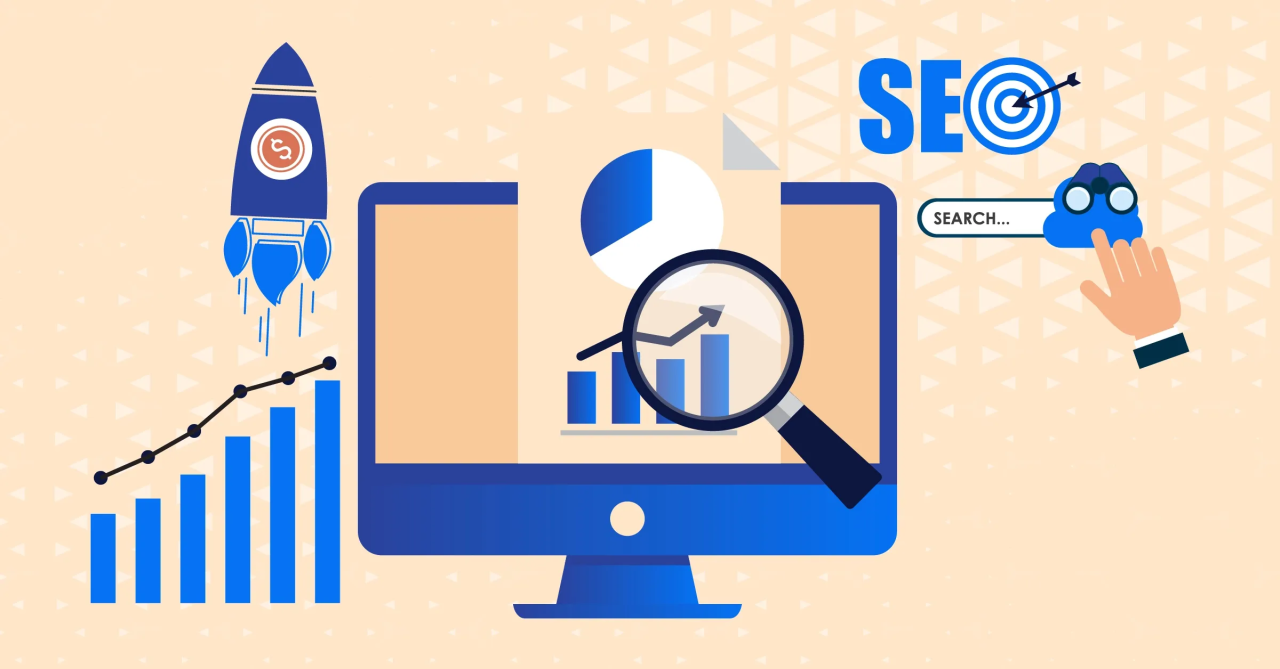In the ever-evolving world of digital marketing, understanding how to optimize crawl budget is crucial for ensuring your website’s visibility and performance. By effectively managing your website’s crawl budget, you can enhance your site’s presence on search engines, improve your rankings, and ultimately drive more traffic. In this comprehensive guide, we’ll explore the strategies and techniques you can implement to make the most of your crawl budget.

Understanding Crawl Budget
The term crawl budget refers to the number of pages a search engine bot, like Google’s crawler, will crawl and index on your website within a given timeframe. The two main components influencing a crawl budget are the crawl rate limit and crawl demand.
Crawl Rate Limit
The crawl rate limit is the maximum number of requests that a crawler can make to your site without overloading your server. It’s essential to maintain a balance; too high, and your server might slow down, too low, and pages might not get indexed promptly.
Crawl Demand
Crawl demand is determined by the popularity of your pages and how stale the content is. More popular and fresher content tends to be crawled more frequently.
Why Optimize Crawl Budget?
Optimizing your crawl budget is essential because it ensures that search engines crawl and index the most important pages on your site. It enhances your site’s overall SEO performance and helps in better resource management.
Impact on SEO
Effective crawl budget optimization ensures that your significant pages are indexed quickly, improving your site’s visibility in search results. For more on technical SEO practices, check this resource.
Resource Management
By optimizing, you ensure that your server resources are used efficiently, enhancing the user experience and maintaining the site’s speed and functionality.
Strategies to Optimize Crawl Budget
1. Prioritize Important Pages
Ensure that your most valuable pages are easily accessible to crawlers. Use internal links strategically to guide crawlers to these pages.
2. Improve Site Structure
A well-organized site structure helps crawlers navigate your site more efficiently. Use a clear hierarchy and logical paths.
3. Utilize Robots.txt File
Properly configure your robots.txt file to prevent crawlers from accessing unnecessary pages, such as admin or duplicate pages.
4. Reduce Redirects
Minimize the use of redirects to avoid wasting crawl budget and slowing down the crawl process.
5. Optimize Page Load Speed
Faster loading pages are crawled more efficiently. Use tools like Google PageSpeed Insights to identify and fix speed issues.
6. Regularly Update Content
Fresh content attracts more crawlers. Regularly update your existing content to maintain its relevance and appeal.
7. Monitor Crawl Stats in Google Search Console
Use Google Search Console to monitor your site’s crawl stats and identify potential issues. For more on auditing technical SEO, visit SEO audit guide.
Common Mistakes to Avoid
Ignoring Duplicate Content
Duplicate content can waste your crawl budget. Use canonical tags to inform search engines of the preferred pages.
Overlooking Mobile Optimization
With mobile-first indexing, ensuring your site is mobile-friendly is crucial for efficient crawling and indexing.
Not Utilizing XML Sitemaps
XML sitemaps are essential for guiding crawlers to important pages, especially for sites with a complex structure.
Advanced Techniques for Crawl Budget Optimization
Leverage Noindex Tags
Use noindex tags on pages that don’t need to be indexed, such as search results pages or low-value content.
Implement Lazy Loading
Lazy loading can help manage the resources by loading images and content only when they are needed.
Conclusion
Effectively managing and optimizing your crawl budget is a vital part of modern SEO strategies. By prioritizing important pages, improving site structure, and employing advanced techniques, you can ensure that your website performs optimally in search engines. For a comprehensive SEO checklist, consider exploring this technical SEO checklist from BrightEdge.

FAQ
How does crawl budget affect SEO?
Crawl budget affects SEO by determining how often and how thoroughly search engines index your site. A well-optimized crawl budget ensures that important pages are indexed quickly, improving visibility.
What is the role of robots.txt in crawl budget optimization?
The robots.txt file helps manage crawl budget by controlling which parts of your site are accessible to crawlers, thereby preventing unnecessary pages from being indexed.
How often should I update my XML sitemap?
Regular updates to your XML sitemap ensure that search engines are aware of new or updated content, which aids in efficient crawling and indexing.







